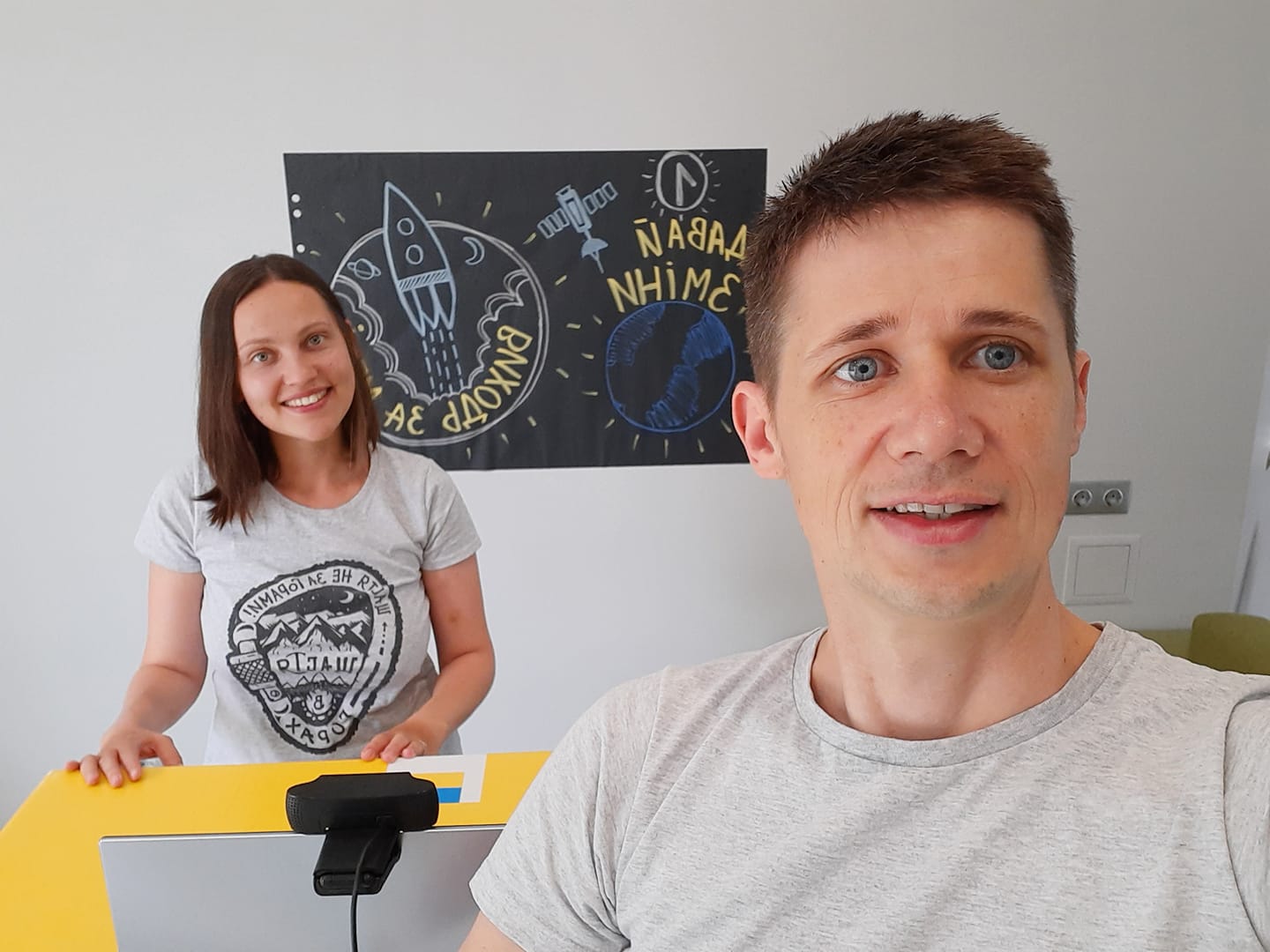Difficult challenges often bring new opportunities. The COVID-19 pandemic, and before that the outbreak of hostilities in the country, seem to have prompted many to recognize the importance of mental health, both at a personal level and at an organizational level.
According to research, one in four persons in the world experiences mental health problems during their lifetime, and we all are affected one way or another by them. So there should be opportunities to talk about them, ask for support and get high-quality help.
And while mental health problems can occur at any stage of life, some occupations increase a person’s vulnerability and require paying more attention to enhancing mental well-being. In particular, this applies to journalists, whose work is often associated with pressure, and stress is the biggest health issue affecting media workers (National Union of Journalists, UK).
Multitasking, the erratic and intense work schedule, a focus on emotionally difficult topics, assaults and harassment due to professional activities – these aspects of journalistic work can cause significant stress and emotional burnout, increase anxiety, and affect physical and mental health.
Despite the seriousness of the challenge, we can influence things when it comes to increasing resilience in the short term.
Two key components contributing to mental health and requiring no significant financial investments are:
- strengthening psychological resilience (recovery, the ability to cope with difficulties, and grow) at a personal level;
- creating a supportive environment at work, and human-oriented processes.
We wrote about this in more detail in the article “How a journalist/newsroom should take care of their mental health and corporate communications” in the recommendations of the Independent Media Council. And now we have to offer something practical.
In 2020, we launched the CareYou online course for newsrooms and NGOs on the Souspilnist Foundation platform, aiming to develop competencies of caring for yourself and your team at work, and managing anxiety and stress.
According to the participants, the information and techniques offered by the program provided a better understanding of the components of mental health and how it could be maintained. There was also a demand for broader programs that would help and assist in creating a supportive environment, if not at a newsroom level, then at a community level.
So in early 2021, we launched the new 12 Months of Resilience program that allowed us to start a tradition of establishing peer support groups for journalists in Ukraine.
Peer support groups are a sort of planet of bilateral interactions. It’s a unique environment making it possible to provide and receive support. It’s the bilateral interaction that distinguishes support in a group of peers from other forms of assistance (psychological, counseling, etc.). Peer support is about exchanging knowledge, experience and offering practical assistance to each other.
Studies say that such a group increases the participants’ ability to cope with professional challenges and enhances their psychological competence and resilience.
It’s important to emphasize that journalists’ peer support groups are professional associations of those doing similar work and facing daily challenges. These are informal groups created both at a newsroom level or based on professional affiliation. It’s a free space for communication, exchanging experience and mutual support without “senior management” or other influences.
This group meets on a regular basis, once or twice a month to discuss and analyze professional situations, share knowledge and experience, thereby creating an environment of trust, and professional and human support in general. Here are some key goals:
- improving the quality of work and job satisfaction;
- enhancing the emotional state, preventing burnout.
So keep in touch, don’t keep out – that’s what helps find strength and hope, build confidence in overcoming future stressful moments.
 Anastasiia Nizhnik, CBT consultant and therapist
Anastasiia Nizhnik, CBT consultant and therapist
Andriy Sydorenko, head of the CareYou Program at Souspilnist Foundation
Souspilnist Foundation is introducing the “Blogs” section. The opinions expressed herein reflect the position and views of the blog authors only.